What is HealthChange Methodology?
For Clinicians: A set of unique, practical tools that make it easier to connect with people and foster change
For Leaders: A practical way to embed person-centered communication and behaviour change support into healthcare encounters and service operations, in a systematic, time-efficient and measurable way.
Schedule a ConversationOrganisations who have worked with HealthChange

What are the benefits of using a system?
Demonstrated results and research show HealthChange Methodology can:

Improve patient engagement leading to better clinical and organisational outcomes
Reported benefits include higher patient retention and participation rates, reduced wait lists, lower surgery deferrals due to poor patient self-management and better clinical outcomes
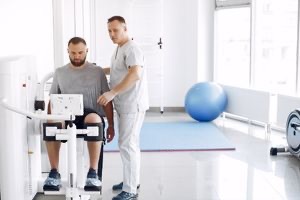
Increase clinician confidence and skills
Clinicians report improved ability to work with chronic and complex patients; particularly valuable in building clinician capacity and confidence when transitioning to telehealth and mobile technology

Provide a consistent way to deliver effective health literacy and person-centred care
Providing a common language, methodology and simple tools that work across all levels – clinicians, teams, services and organisations, and all service delivery methods – face-to-face, group programs and telehealth
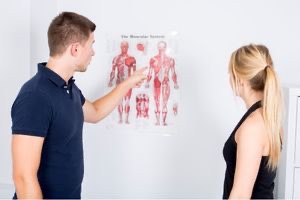
Help organisations to achieve KPIs and stand out to accreditation bodies
As a provider of quality services taking real action in delivering person-centred care

Improve staff retention and satisfaction
Clinicians report greater confidence and satisfaction in assisting patients with challenging conditions and circumstances, and reduced frustration with workplace systems after their realignment with patient-centred care. Staff have valued this type of ongoing professional development as well as their organisation's investment and support in their day-to-day work

Reduce redundancy and resource wastage
Organisations report reduced 'no show' rates, consultation times and ineffective 'frequent flyer' consultations.
Discuss how we can help your organisation
Schedule a ConversationChange can’t wait for your organisation
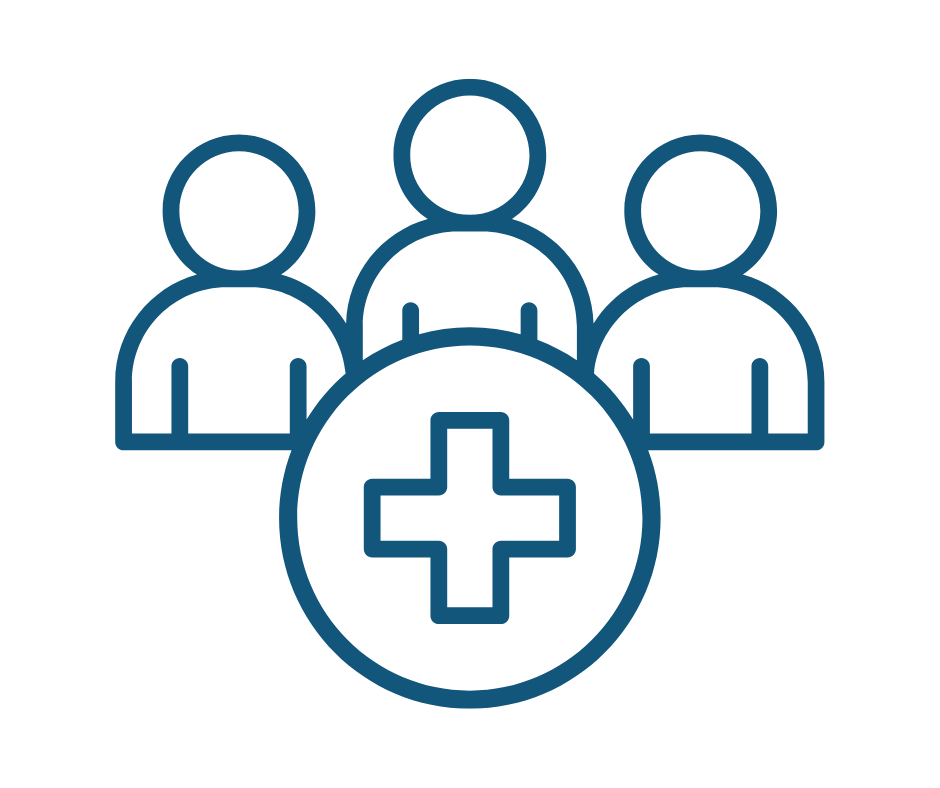
Healthcare clients are more complex than ever
61% of Australians have at least one chronic condition.
- Staff need the skills to manage people with complex needs.
- Without consistent frameworks, teams work in silos and don’t communicate effectively.
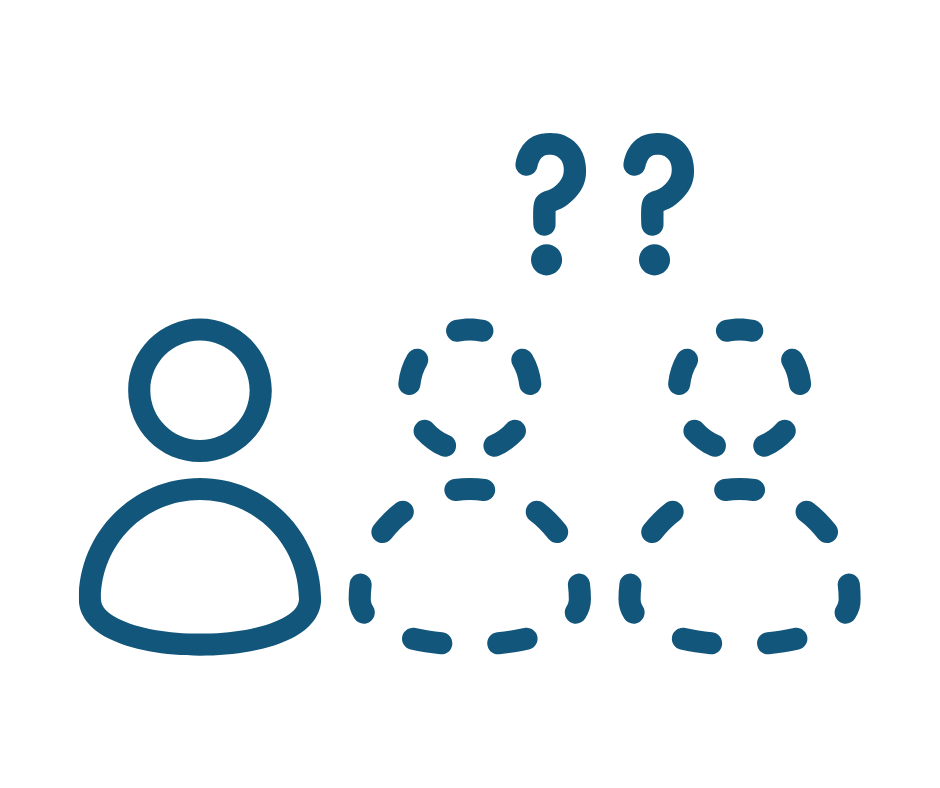
Workforce shortages are at crisis levels
In 2023, 82% of health occupations were officially in shortage — especially GPs, nurses, and mental-health professionals.
- You can’t afford staff that struggle to manage people as well as health conditions when every role is stretched thin.

Training alone doesn’t stick
On average, it takes 17 years for new medical evidence to become integrated into practice.
- Traditional training doesn't change practice — you need a system that creates change now.
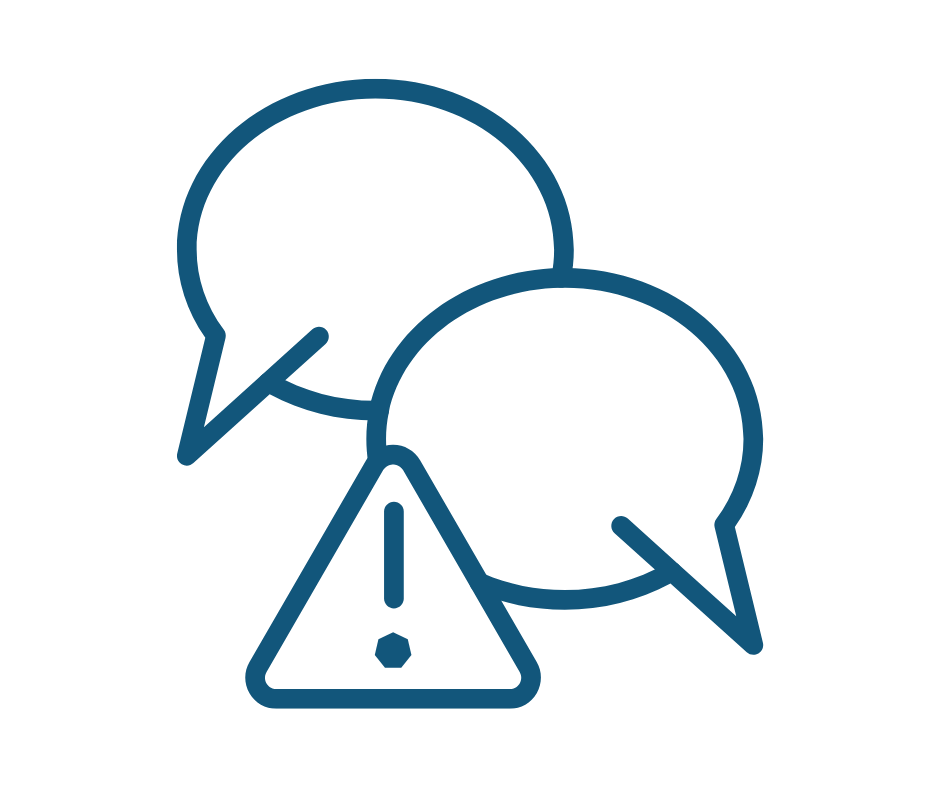
Communication gaps put clients at risk
A national review found that most clinical communication and teamwork training is generic and rarely assessed.
- Without clearly defined skills and accountability, mistakes multiply, burnout rises, and client outcomes suffer
Reduce risk, lift morale, and build a reputation for healthcare excellence, while supporting your staff to thrive.
HCM is evidence-informed
Our courses are not about theory, they are about practice.
HealthChange Methodology creates a shared understanding and helps providers use over 46 psychology and behaviour change theories, models and techniques that underpin person-centred practice.
It is compatible with other training courses and enables existing skills to be applied in a time-efficient manner.
Download a summary of the evidence base that underpins HealthChange® Methodology.
DOWNLOADTestimonials
"Since our clinical team has done the HealthChange training, we’ve seen a significant change of attitude and practice that moved from clinician-led decision-making regarding a person’s care plan to collaborative decision-making with a clear focus on the person’s daily activities."”
Robyn Speerin, Manager Musculoskeletal Network, Agency for Clinical Innovation, NSW
“When you are working with chronic disease patients, you need to really understand where they’re coming from. I think a lot of traditional training scenarios have been much more focused on the medical model and not as much focused on the patient-centric model. To be honest with you, it is a completely new way of working for a lot of the clinicians.”
Helen Callum, Clinical Transformation Manager Population Health, Philips Australia



